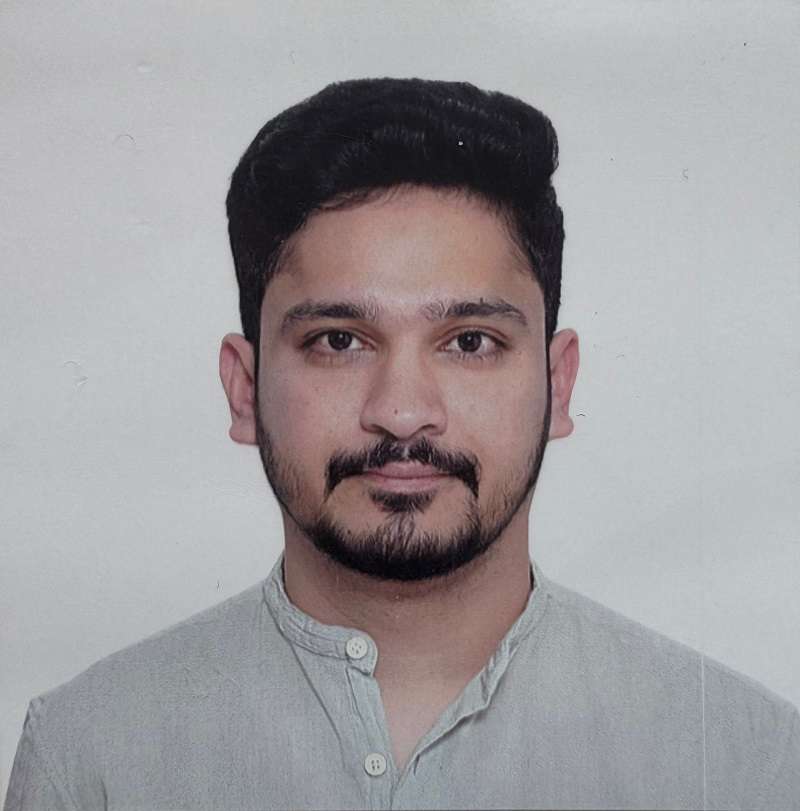Senior Researcher and Computer Engineer Sai Teja Boppiniti is making waves in the field of personalized healthcare with his groundbreaking development of AI-powered smart contact lenses. Specializing in data engineering and inspired by personal experiences with vision challenges, Boppiniti’s innovative work aims to transform both vision correction and health monitoring. Based in Boca Raton, Florida, and originally from India, Boppiniti’s career has focused on harnessing artificial intelligence (AI) to improve healthcare outcomes, particularly for those with chronic conditions like diabetes and glaucoma.

Boppiniti’s smart contact lenses are not only designed to assist those with vision impairments but also to monitor key health metrics. By embedding tiny sensors within the lenses, they continuously track essential indicators like glucose levels and intraocular pressure, which are critical for the early detection and management of chronic diseases. This innovative solution offers a non-invasive, round-the-clock monitoring system that enhances both vision and health.
Smart Contact Lenses: A Fusion of Vision Correction and Health Monitoring
What sets these lenses apart is their ability to provide real-time data analysis using embedded AI systems. As health metrics are tracked, the AI processes this data, offering immediate feedback to users and their healthcare providers. For instance, diabetic patients can benefit from continuous glucose monitoring (CGM), with the lenses alerting them to fluctuations in their glucose levels. In a similar way, individuals at risk for glaucoma can monitor intraocular pressure throughout the day, potentially preventing the damage that could lead to severe vision loss.
This technology represents a significant step forward in how healthcare is managed. Boppiniti’s work has shown that by incorporating AI into everyday wearables, like contact lenses, patients are empowered to take a proactive role in their health management. Rather than relying on periodic doctor visits, individuals can continuously monitor their health and make informed decisions based on real-time data.
Overcoming Challenges and Expanding Capabilities
While the technology is promising, there are challenges to address. Ensuring data accuracy, maintaining user comfort, and protecting patient privacy are top priorities for Boppiniti and his team. However, the potential benefits are immense. These lenses are designed to integrate seamlessly with other health wearables like smartwatches, creating a comprehensive health monitoring ecosystem. By syncing data between devices, users can gain a holistic view of their health, from glucose levels to heart rate and activity patterns.
Moreover, these lenses are expected to play a key role in telemedicine. With their ability to send real-time health data to healthcare providers, the need for frequent in-person consultations could decrease. This is particularly useful for managing chronic conditions, as doctors can intervene earlier based on the AI’s predictive insights.
A Personal Commitment to Innovation
Sai Teja Boppiniti’s work in developing AI-powered smart contact lenses stems from both his professional expertise and personal experience with eyesight issues. His journey exemplifies how personal challenges can inspire technological innovations that improve the lives of others. By addressing vision impairments and chronic health conditions with AI technology, Boppiniti has demonstrated a unique commitment to enhancing both healthcare and quality of life for people around the world.
With further research and development, smart contact lenses could revolutionize healthcare, offering a seamless, non-invasive method for continuous health monitoring that benefits a wide range of patients.






























